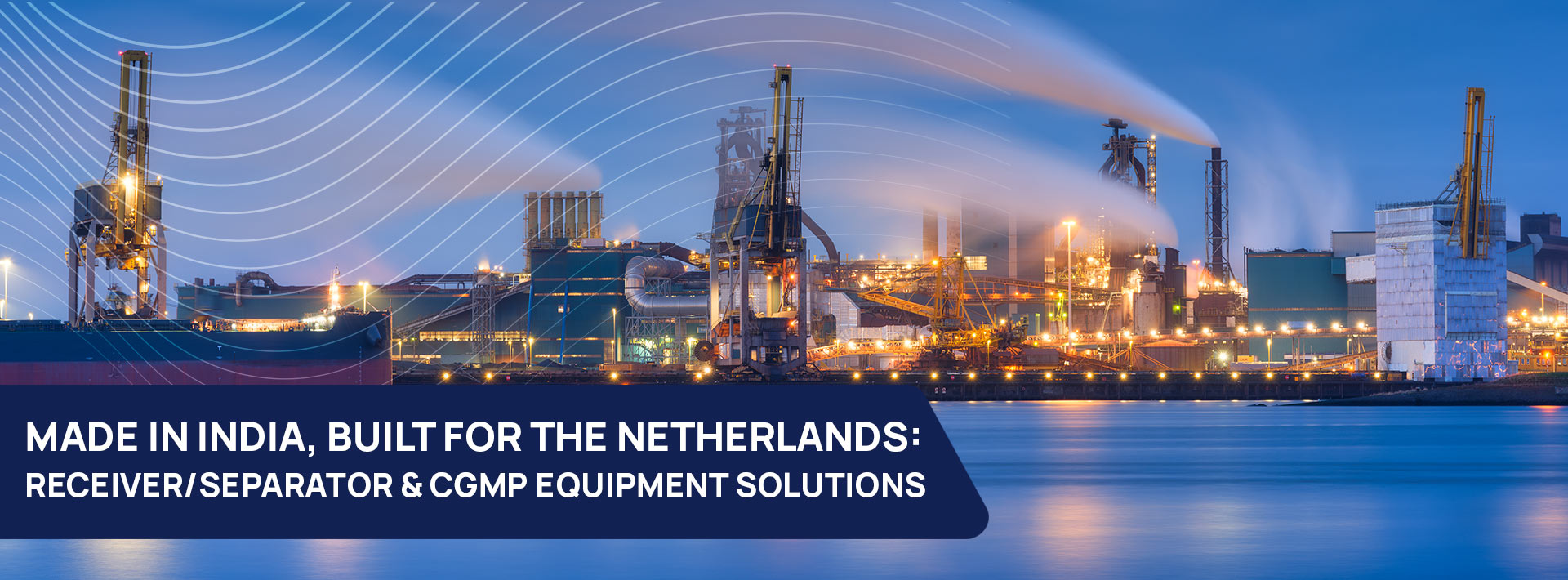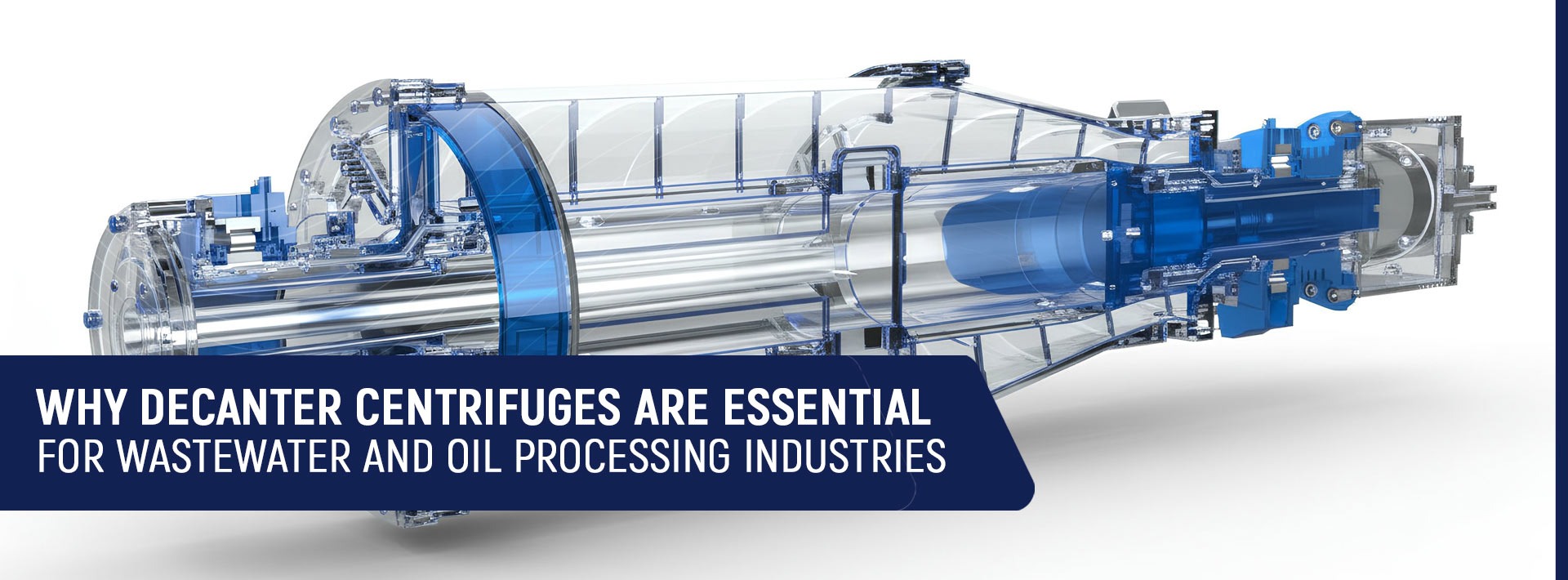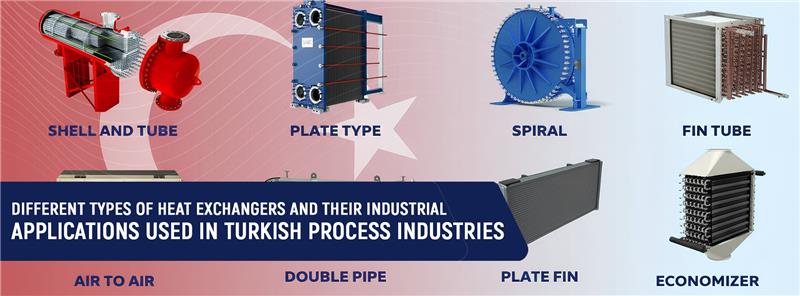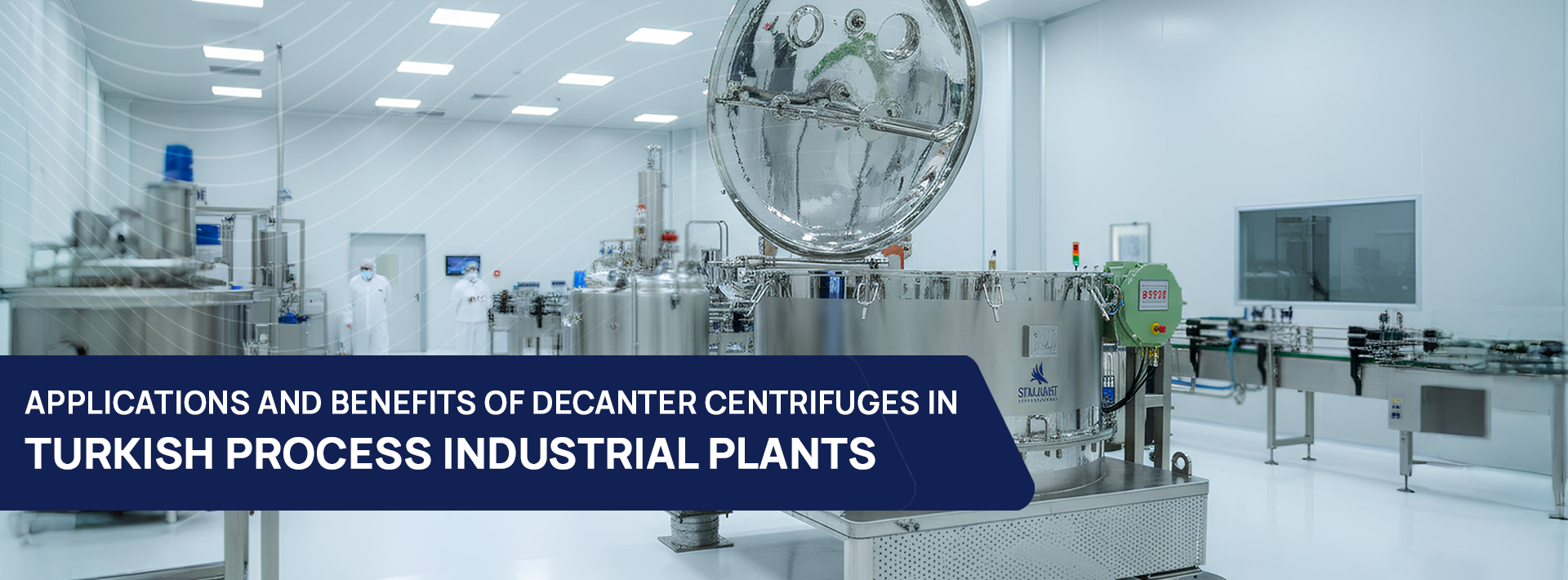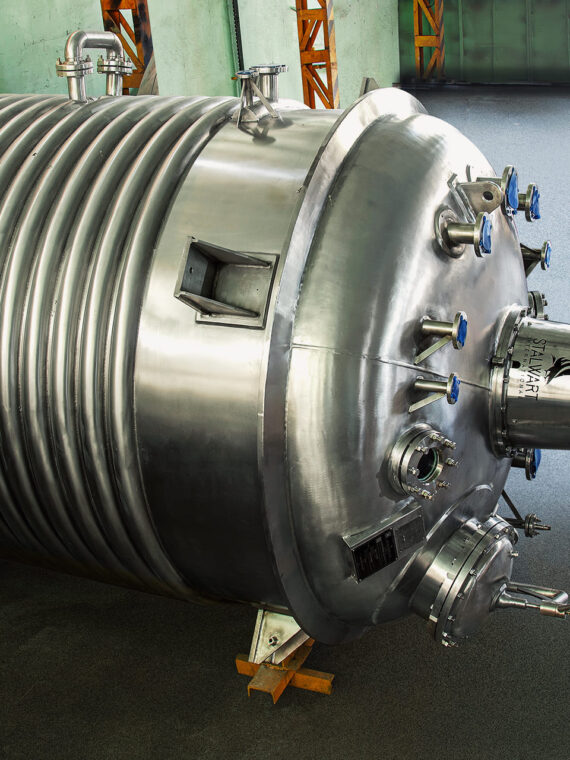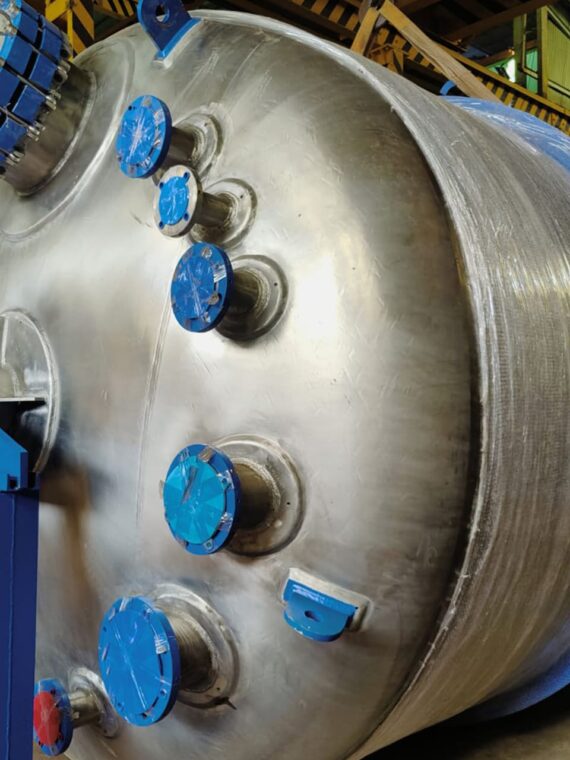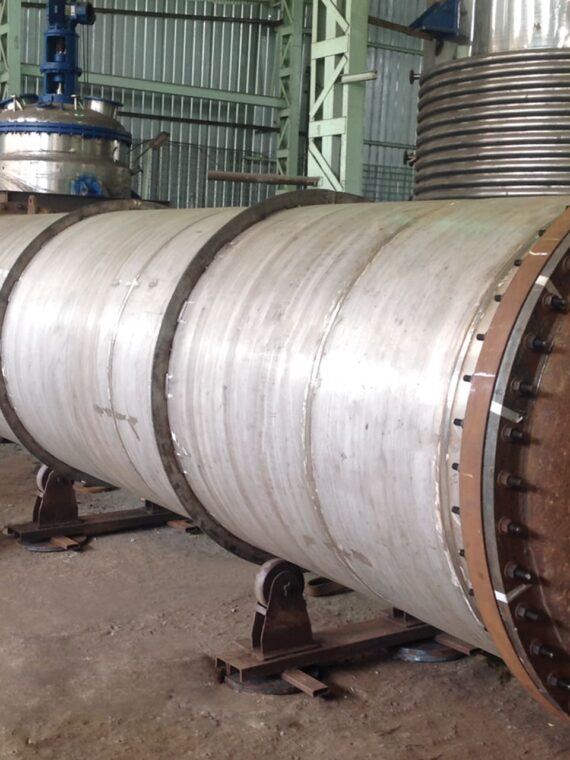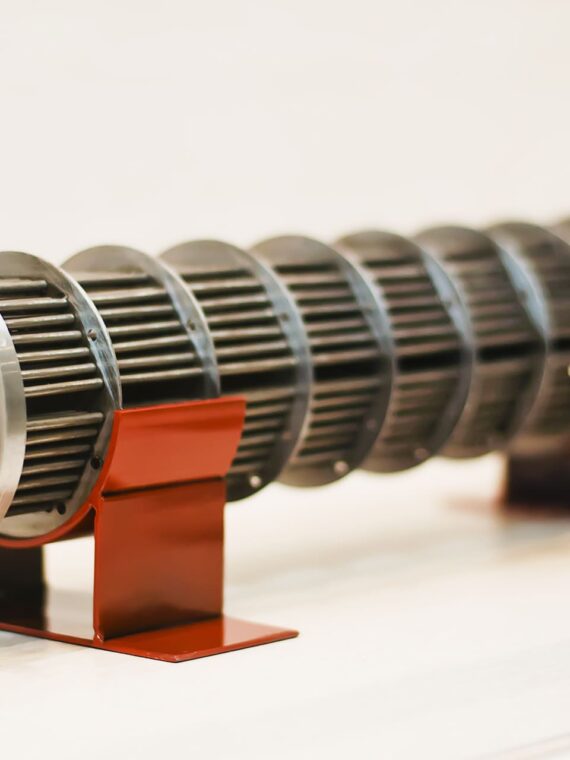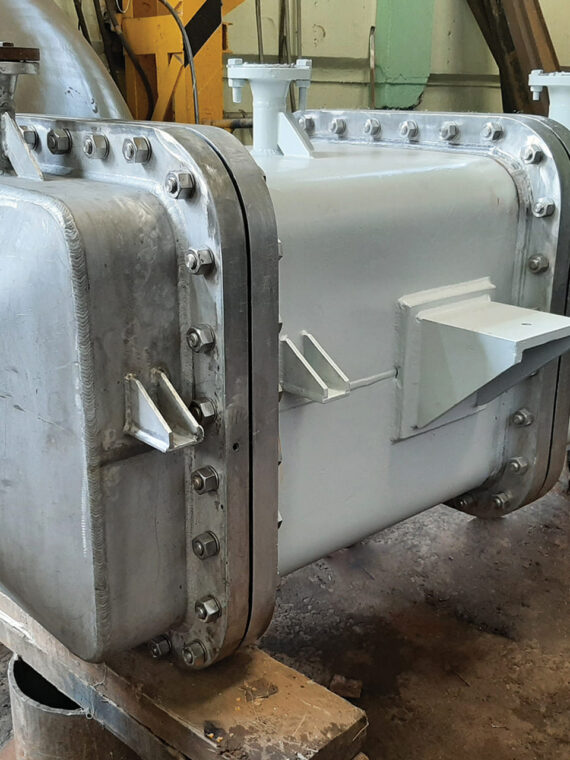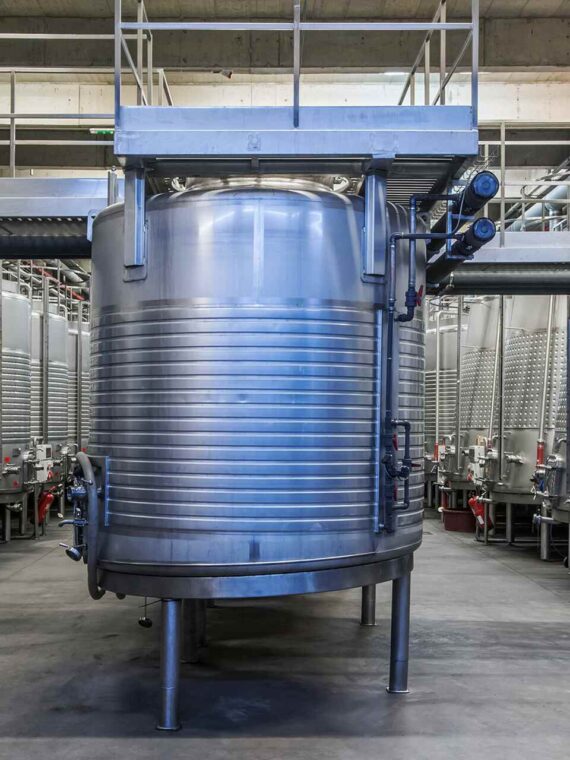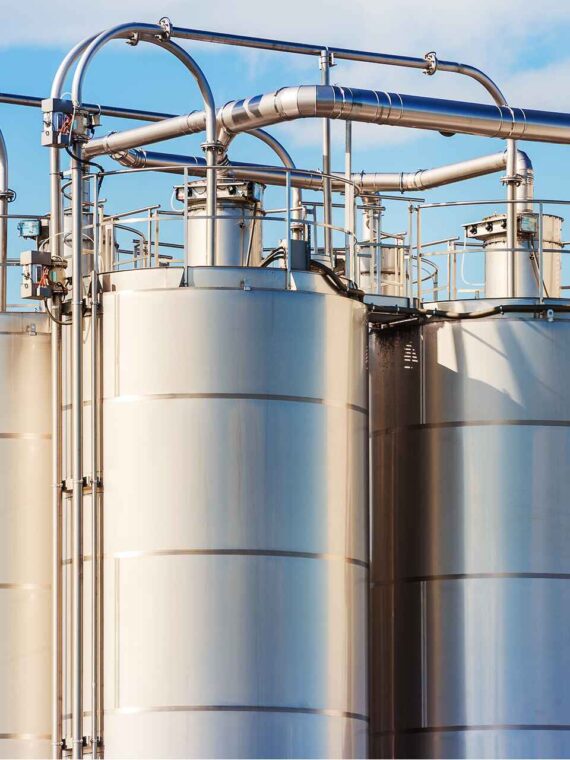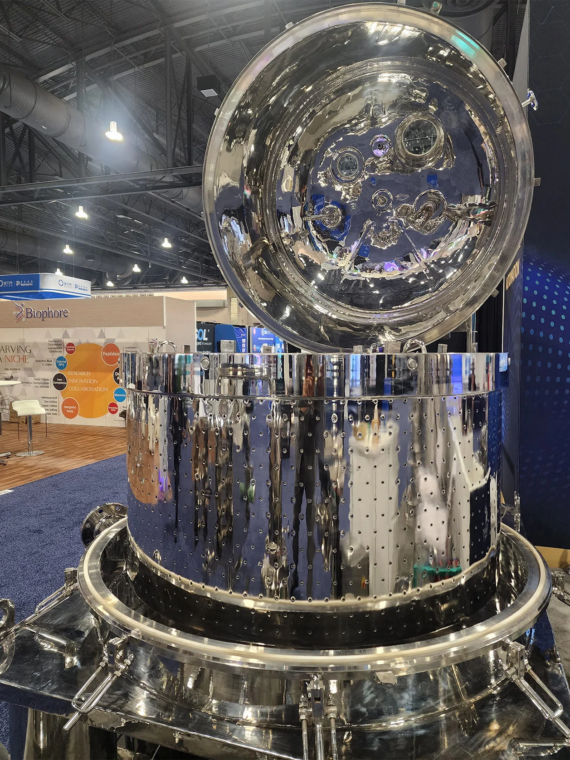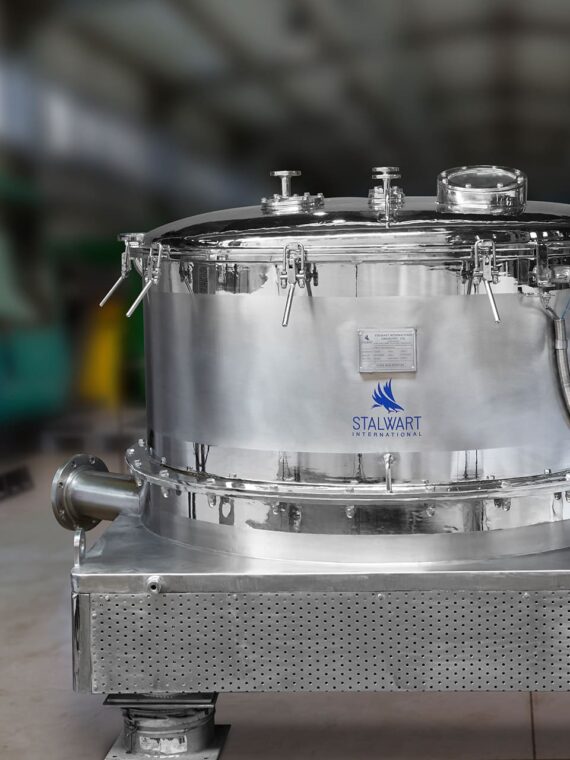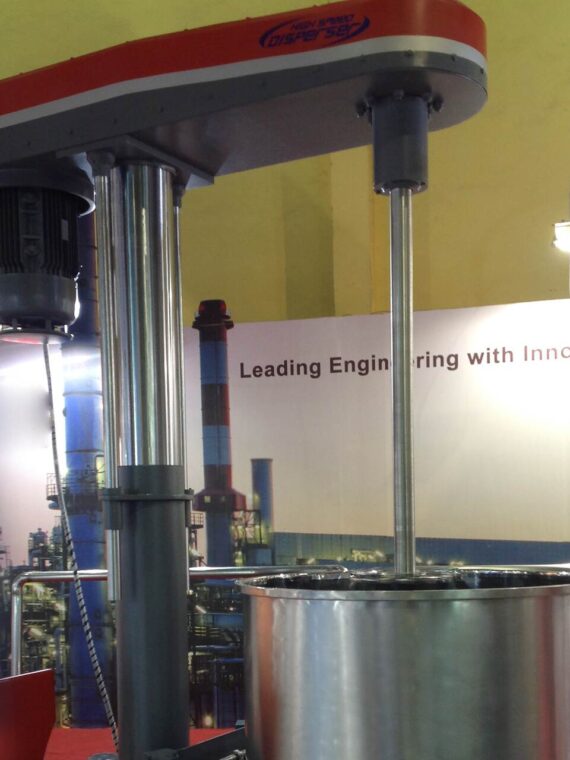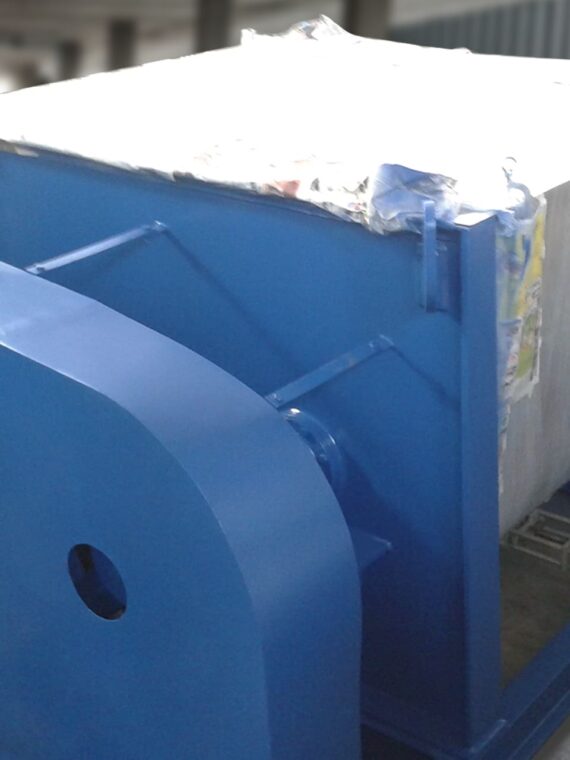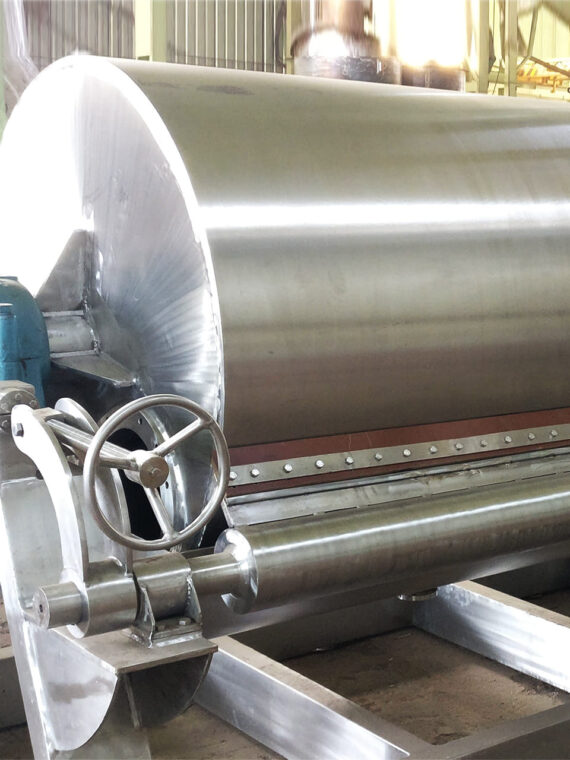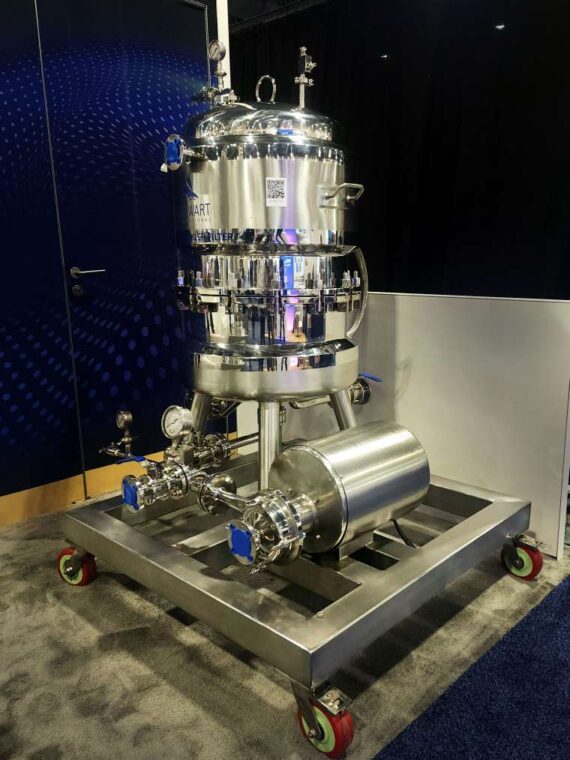In a time when accuracy, adherence and cost-effectiveness are the hallmarks of industrial prosperity, cross-border cooperation has assumed importance as a means of creating sustainable development. The Netherlands, a European center of pharmaceuticals, chemicals, food processing, and life sciences, is also looking more frequently at reliable global alliances to fulfill its high-standard process equipment requirements. Come to India, an emerging powerhouse in the world of engineering and manufacturing.
Indian cGMP equipment manufacturers and Receiver/Separator unit manufacturers are contributing today to keeping the Dutch industries competitive. Indian process equipment is gaining ground as a preferred partner among companies in the Netherlands due to its impeccable combination of quality, innovation, and compliance with regulations.
Why Dutch Industries Are Turning to Indian Equipment Manufacturers
The Dutch companies work within one of the most regulated and developed industrial environments in Europe. It could be pharmaceutical manufacturing in Leiden, chemical processing in Rotterdam or food and beverage production in Amsterdam. Still, one thing all these industries have in common is the need for precision-engineered, globally compliant process equipment.
Although the preference has always been to use local or EU-based solutions, the increase in costs and the demand for tailor-made solutions have made the Dutch industries look into international suppliers. India boasts strong engineering skills, state-of-the-art fabrication plants and production lines that are ready to be compliant, making it a new strategic partner of Dutch businesses.
India’s Edge in Receiver/Separator and cGMP Equipment Manufacturing
The ability of Indian manufacturers to fabricate special industrial equipment has improved tremendously.
The two most requested categories to the Dutch market are:
1. Receiver/Separator Units
They are important hygienic components employed in pharma, chemical and food processing plants to ensure hygienic collection, transfer and storage of products.
The Indian producers provide:
- Vacuum-rated pressure vessels and receivers
- Mirror-polished (Ra < 0.4 µm) interiors
- Hygienic design, tri-clamp fittings
- Custom fabrication and CIP/SIP integration
Most Suppliers are also ASME, PED and EHEDG certified, so their systems will be compliant with the Dutch and EU regulations.
2. cGMP Equipment Solutions
As the Netherlands is one of the leading countries in the European pharmaceutical and biotech industry, cGMP (current Good Manufacturing Practice) is not a matter of negotiation.
The Indian manufacturers offer:
- Full GMP documentation of reactors, storage tanks and mixing vessels
- Cleanroom-friendly designs and modular skids
- PLC and SCADA-controlled automated systems
The systems are designed to meet high-purity applications to enable Dutch pharmaceutical firms to uphold product safety and compliance.
You May Also Like: Importance of cGMP in the Pharmaceutical Industry
Real-World Impact: India–Netherlands Trade in Process Equipment
Engineering goods exports by India to the Netherlands exceeded 2.4 billion dollars in FY 202324, and process equipment is a rapidly expanding sub-category. Dutch companies are importing various equipment in India, which includes:
- Receiver vessels made of stainless steel
- Bottom discharge and top discharge centrifuges
- GMP mix tanks
- Tailor-made chemical reactors
This constant increase in trade is stimulated by:
- Affordable prices (as compared to EU-manufactured equipment)
- Small lead times and better logistics
- Quality completion and documentation
- Remote installation assistance and great after-sales service
Essentially, the Dutch firms are having their cake and eating it, too, with European-level compliance and Indian cost benefits.
Key Benefits for Dutch Companies
These are the reasons why an increasing number of companies in the Netherlands are opting to use Indian process equipment:
Affordable without Sacrifice
Indian manufacturers offer high-quality equipment at a much lower price without compromising on safety or performance.
Tailor-made and Adaptability
Where mass-produced EU systems fail to deliver, Indian manufacturers succeed: customization, be it the adaptation of design to suit existing plants or construction to unusual processing requirements.
Global Certifications
The majority of process equipment suppliers in India are now capable of supplying equipment that is compliant with EU directives, ASME codes, and cGMP and can, therefore, be directly installed in facilities in the Netherlands.
Quick Turnaround Logistics & Support
Being close to the major ports such as Mundra and having experience in international shipping means that Dutch importers will receive their goods on time and with ease in customs clearance.
Sustainable Manufacturing
Several Indian producers operate recycled resources, solar-powered factories, and green procedures, which fits into the green ambitions of the Netherlands.
You May Also Like: The Importance of cGMP in Pharmaceutical Heat Exchangers
Applications in Dutch Industries
Pharmaceuticals & Biotech
In the case of aseptic processes, India offers GMP-compliant reactors, isolators, and tanks regarding stringent EMA and FDA requirements.
Specialty Materials & Chemicals
India is known to have pressure vessels, separators, and agitator systems designed to work with corrosive or volatile materials, which is an advantage to Dutch chemical plants.
Food Beverages
Indian equipment is well suited to dairy, beverage and ingredient production due to hygienic design, CIP/SIP systems and the use of sanitary-grade stainless steel.
Choosing the Right Indian Partner
Dutch buyers ought to seek manufacturers in India that provide the following:
- Track record of export to Europe
- Finish technical documentation and compliance reports
- In-house custom engineering
- Open communication and project monitoring
- Good post-sales service (remote or on-site)
Many Indian companies also welcome plant audits so that Dutch partners can assess infrastructure, quality systems and production capabilities themselves.
Conclusion
The complementarity of Dutch industry standards and Indian manufacturing strengths is at its best. With similar values regarding the importance of quality, innovation, and sustainability, the future of process equipment cooperation between the Netherlands and India is promising.
Looking to add a biotech plant in Utrecht, modernize a food plant in Eindhoven, or upgrade a chemical processing line in Rotterdam? Why not select Indian-made equipment from trusted Receiver Separator manufacturers and cGMP suppliers? It offers a cost-effective, forward-looking solution.
Designed in India and built in the Netherlands, a partnership engineered for performance, compliance and growth.
FAQs
1. What is the purpose of a separator?
A separator is used to divide mixtures into their individual components based on properties such as density, particle size, or phase (liquid, gas, or solid). In industrial processes, separators play a crucial role in ensuring purity, efficiency, and safety—especially in the chemical, pharmaceutical, and oil & gas sectors. They help in removing impurities, recovering valuable materials, and maintaining product quality.
2. What is separator equipment?
Separator equipment refers to mechanical systems designed to split substances into distinct elements or phases. Common types include gas-liquid separators, solid-liquid separators, and centrifugal separators. This equipment is widely used in chemical processing, wastewater treatment, pharmaceuticals, food industries, and petroleum refining. Their design and functionality vary depending on the application and materials being processed.
3. Who is the manufacturer of CGMP equipment in India?
Stalwart International is a reputed manufacturer of cGMP-compliant equipment in India. With a strong focus on precision engineering, quality standards, and international compliance, Stalwart International provides a wide range of process equipment tailored for pharmaceutical, chemical, and biotech industries. Their products are designed to meet stringent regulatory norms and ensure operational excellence.
4. What is CGMP equipment?
cGMP equipment refers to machinery and systems designed and manufactured in compliance with Current Good Manufacturing Practices (cGMP). These practices are enforced by regulatory bodies like the FDA to ensure that products are consistently produced and controlled according to quality standards. cGMP equipment is essential in pharmaceutical and food industries to minimize contamination, ensure repeatability, and maintain product integrity.
5. What is the cGMP system?
The cGMP system is a regulatory framework that ensures the proper design, monitoring, and control of manufacturing processes and facilities. It stands for Current Good Manufacturing Practices. The system includes guidelines on hygiene, equipment validation, documentation, quality control, and staff training. Compliance with cGMP ensures that products are safe, pure, and effective—meeting both consumer and regulatory expectations.


